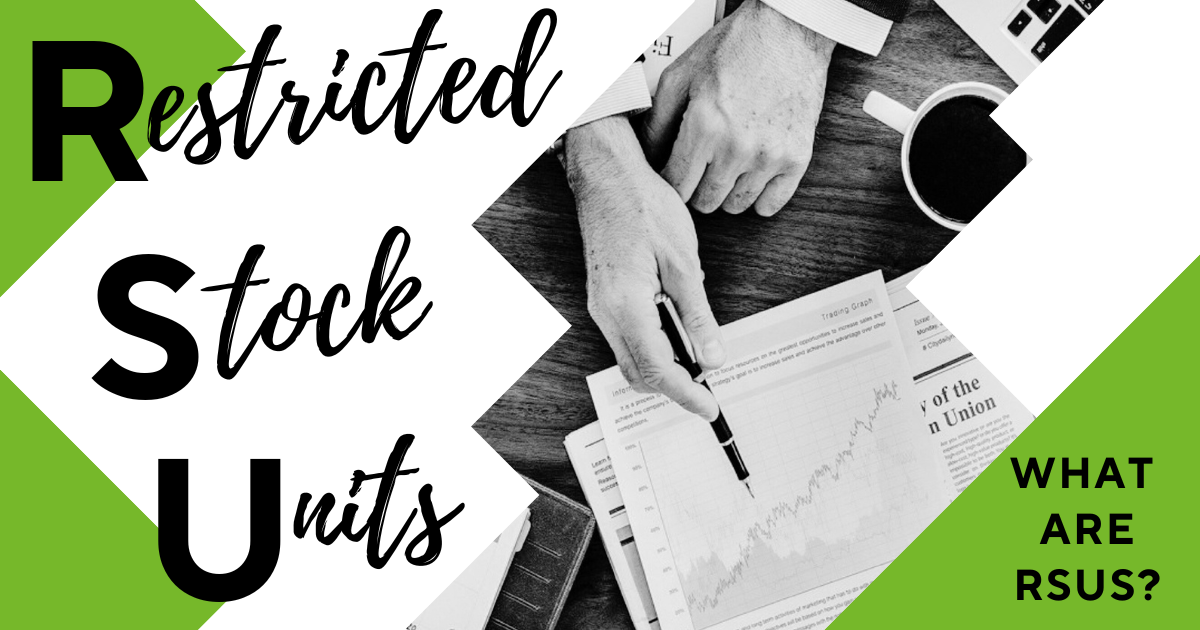What are RSUs?

Restricted Stock Units or RSUs are a common way for companies to offer additional pay to their executives, directors, and other key employees in the form of company stock.
The 4 Key Components of RSUs:
- The Grant Date: The date the company declares to compensate employees in the form of stock.
- The Vest Date: The date when the employee officially gains the right to the stock.
- The Number of Shares: How many shares of stock the RSUs provide to the employee.
- The Stock Price: The price of one share of stock.
The Vest Date is of utmost importance and can look quite different from company to company. Companies may choose to have a single vest date where all the RSUs entitled to an employee become vested at once. More commonly, however, companies will use a “vesting schedule” that specifies how many shares become vested over a set period. For example, a company might have a 4-year vesting schedule where 25% of the RSUs become vested each of the 4 years. This vest date triggers a variety of decisions and income tax consequences.
That’s right, RSUs get taxed! In fact, RSUs become taxable income upon vesting much like normal wages. To illustrate, if on the vest date 100 shares of stock are received at a price of $50 the taxable income is equal to $5,000. This $5,000 will then be taxed at the ordinary federal and state income tax rate. Further, if the combined marginal rate between federal and state taxes is 35% then you will pay $1,750 in taxes.
Upon vesting, it is important to decide whether to hold or sell the stock. The door then opens for other tax considerations, as well as a new investment decision to make.
To learn more:
- Check out “Should I Hold My RSUs After Vesting?”
- Contact the Perspective 6 Group.







